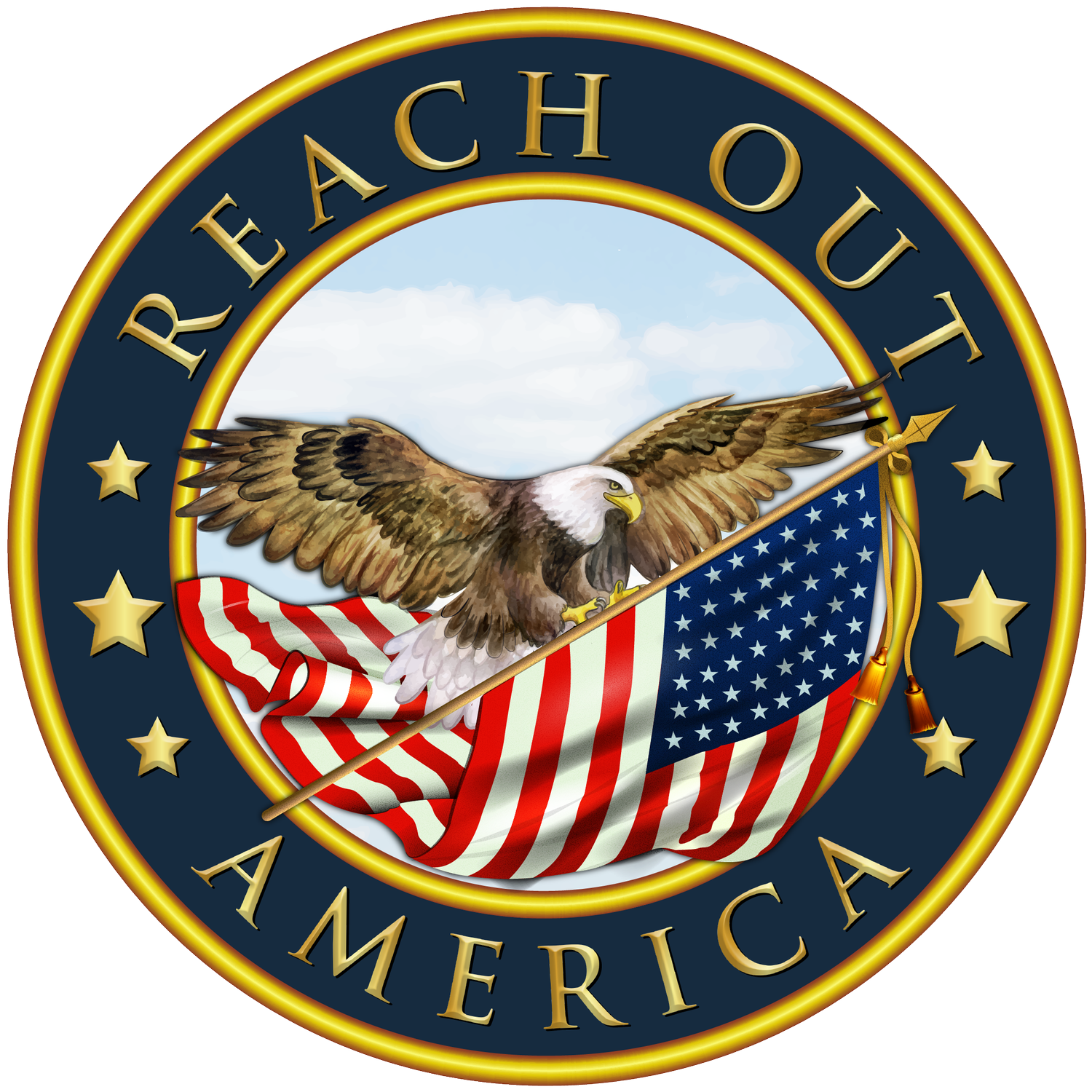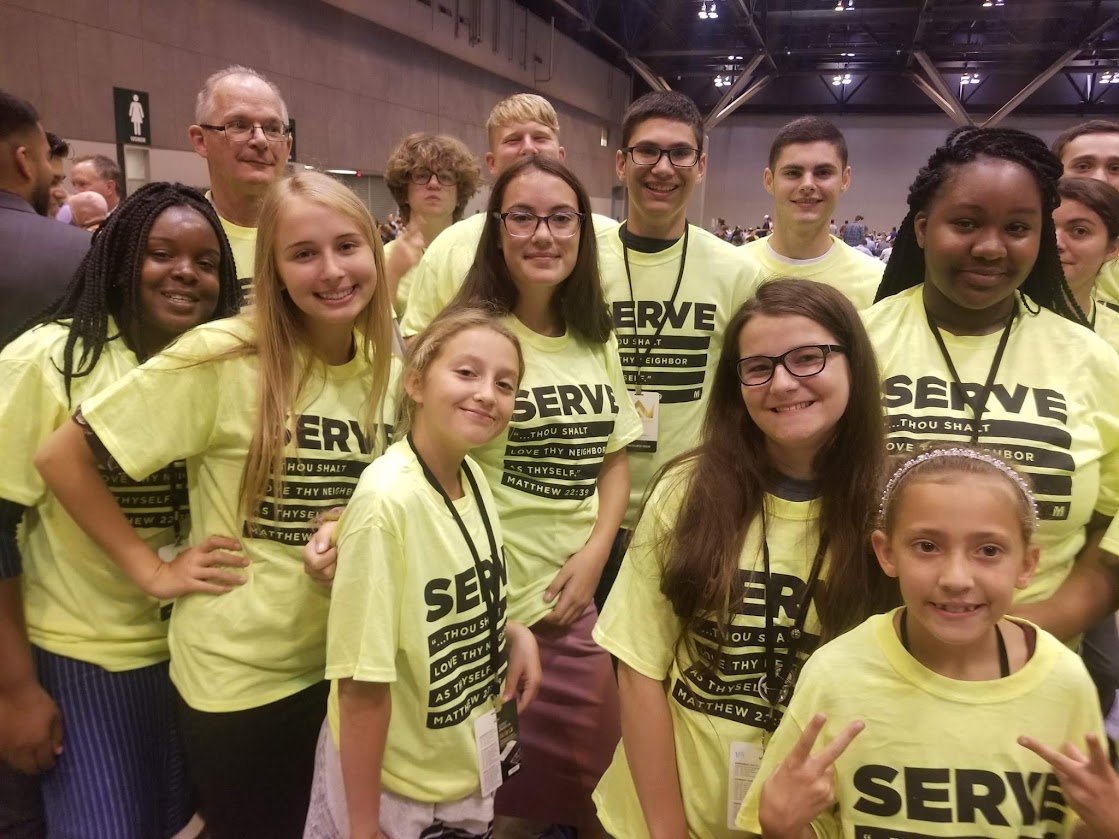Self-Guided Training
Self-Guided Training
We partner with best-practice agencies to provide training. UPCI Disaster Relief videos will be available on Ministry Central 2023-2024.
Pre-Disaster Assessment Tool
Let’s partner to be DISASTER READY
We serve a negatively impacted community through the local church. You are our partner. We connect the church with the disaster community through targeted service that opens the door for the gospel to be experienced by a community through the church’s acts of kindness. We empower churches and congregations to serve their community. We provide resources, and volunteer training, and manage the procurement of products and delivery to the local church.
We want to develop teams of ready responders in each state and provide them with training for ROA’s work in disaster recovery, preparing them for more local work in disaster management. It starts with awareness and education; host ROA today!
Disaster Basics Training Manual
Point of Distribution (POD) Training Video
Disaster Training Partners
We have connected with other NGOs to identify credible free learning resources focused on humanitarian disaster work. The sites listed below offer a variety of resources, specializations, and opportunities. Please click on their logos for upcoming classes, dates, and course descriptions. Just like individuals and families must prepare for potential dangers and threats, disaster workers must prepare by participating in training classes.
The Salvation Army
Preparedness is the first phase of the Emergency Management Cycle. Just like individuals and families must prepare for potential dangers and threats, disaster workers prepare by participating in training classes. Courses are designed with adult learners in mind that emphasize group interaction and cooperative learning. Training courses include incident management, canteen operations, food service, emotional and spiritual care, and basic first aid and CPR training.
Disaster training courses are rated according to difficulty; the higher the difficulty level, the more complex the knowledge presented. Specific Courses may also require prerequisite classes.
FEMA
The National Preparedness online Course Catalog provides searchable, integrated information on courses provided or managed by FEMA’s Center for Domestic Preparedness (CDP), Emergency Management Institute (EMI), and National Training and Education Division (NTED).
Through its courses and integrated programs, EMI serves as the national focal point for the development and delivery of emergency management training to enhance the capabilities of State, local, and Tribal government officials; volunteer organizations; FEMA’s disaster workforce; other Federal agencies; and the public and private sectors to minimize the impact of disasters and emergencies on the American public. EMI curricula are structured to meet the needs of this diverse audience with an emphasis on separate organizations working together in all-hazards emergencies to save lives and protect property. Particular emphasis is placed on governing doctrines such as the National Response Framework, National Incident Management System, and the National Preparedness Guidelines.
American Red Cross
The American Red Cross provides FREE disaster training for all volunteers. Trainings are both online and in-person, depending on the course. To learn more about these training opportunities, don't hesitate to contact your local Red Cross office. Some of their training includes Disaster Cycle Services Overview, Pillowcase Project Presenter Fundamentals, Shelter Fundamentals, Casework and Recovery Planning Fundamentals, Basic Instructor Fundamentals, Public Affairs Essentials, Disaster Mental Health: Introduction, and Disaster Health and Sheltering for Nursing Students to name a few.
The Church Responds
Local congregations represent the largest army of volunteers in any community. When they work together, they are a difference-maker in crisis response and can transform their communities.
Most congregations do not have the expertise, staff, or resources to engage in long-term recovery efforts. We hope the resources on this site will help unite, empower, and mobilize congregations to respond to the needs of their communities. Additional resources are added frequently.
Disaster Ready
DiasterReady.org makes cutting-edge professional development resources available to relief and development workers and volunteers – anywhere, anytime, at no cost. Developed in collaboration with NGOs, humanitarian experts, and professional development providers, DisasterReady has curated the most extensive free online learning library targeted to humanitarian and development professionals at every stage of their careers.
Individuals can sign up and take these courses for free, and learning resources are available in English, French, Spanish, and Arabic. Today, more than 400,000 humanitarian and development professionals and organizations trust DisasterReady as a primary source of continuous learning and development.
BE PREPARED
Questions to ask BEFORE disaster strikes:
What local community, voluntary agency, or faith-based partners would be likely to take an active role if a disaster affected your area?
Has there been any pre-disaster planning with these organizations for coordination of response and recovery services?
How might your agency's response change if a major disaster declaration is issued by the President?
Does your community have a continuity of operations plan?
Does your community have a pre-disaster recovery ordinance? Check out: American Planning Association
Does your community have a recovery plan or emergency operations plan? Check out: Guide for Developing High-Quality Emergency Operations Plans for Houses of Worship
Does your church have training for disaster recovery? Check out: National Training and Education Division








